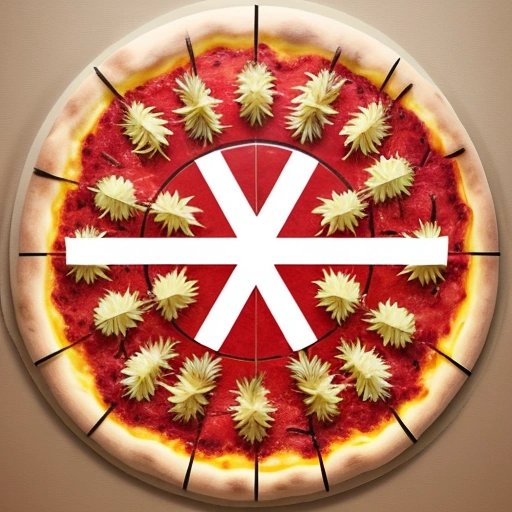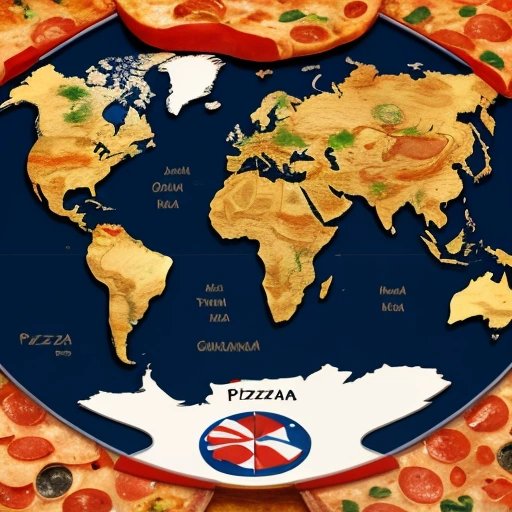In an unprecedented move, the Geneva Convention has made a controversial decision to outlaw a culinary creation that has divided nations and sparked intense debates: pineapple pizza. This surprising new amendment, aimed at preventing the use of unconventional weapons in warfare, has left the world in a state of shock and disbelief.
The decision came after years of heated discussions and intense lobbying from both pineapple pizza enthusiasts and those vehemently opposed to the controversial topping. The amendment effectively categorizes pineapple pizza as a weapon of mass destruction, placing it in the same league as chemical weapons and nuclear arms.
The implications of this decision are far-reaching, raising important questions about the intersection of cuisine and war. While some argue that this is a necessary step to preserve the integrity of international conflicts, others see it as an unnecessary infringement on personal taste and culinary freedom.
Critics of pineapple pizza have long argued that its bizarre combination of sweet and savory flavors is an affront to traditional pizza-making techniques. They believe that the inclusion of pineapple on a pizza not only disrupts the delicate balance of ingredients but also undermines the cultural heritage of pizza, especially in Italy, where it originated.
On the other side, pineapple pizza enthusiasts vehemently defend their favorite topping, arguing that it adds a unique and delicious twist to the classic pizza experience. They maintain that culinary preferences should not be limited by arbitrary rules, especially in the context of warfare.
The ban on pineapple pizza as a weapon of war has raised concerns about the potential for further restrictions on unconventional culinary choices. Some worry that this decision sets a dangerous precedent, suggesting that other contentious toppings like anchovies, olives, or even barbecue sauce could be outlawed in the future.
The debate surrounding pineapple pizza has divided nations and even led to diplomatic tensions between countries. Some governments see the ban as an opportunity to strengthen international relations, as it eliminates a potential point of contention in cross-cultural negotiations. Others, however, perceive it as an unnecessary intrusion into food sovereignty and cultural diversity.
While the ban on pineapple pizza may seem bizarre and inconsequential in the grand scheme of international affairs, it speaks to a broader issue of how cultural preferences and personal choices are perceived and regulated, even in the context of war.
As the dust settles on this unprecedented decision, the world must grapple with the implications of the Geneva Convention's ban on pineapple pizza in warfare. Whether you love it or loathe it, there is no denying that this contentious topping has now become a symbol of the delicate balance between culinary traditions and the rules of engagement on the battlefield.



